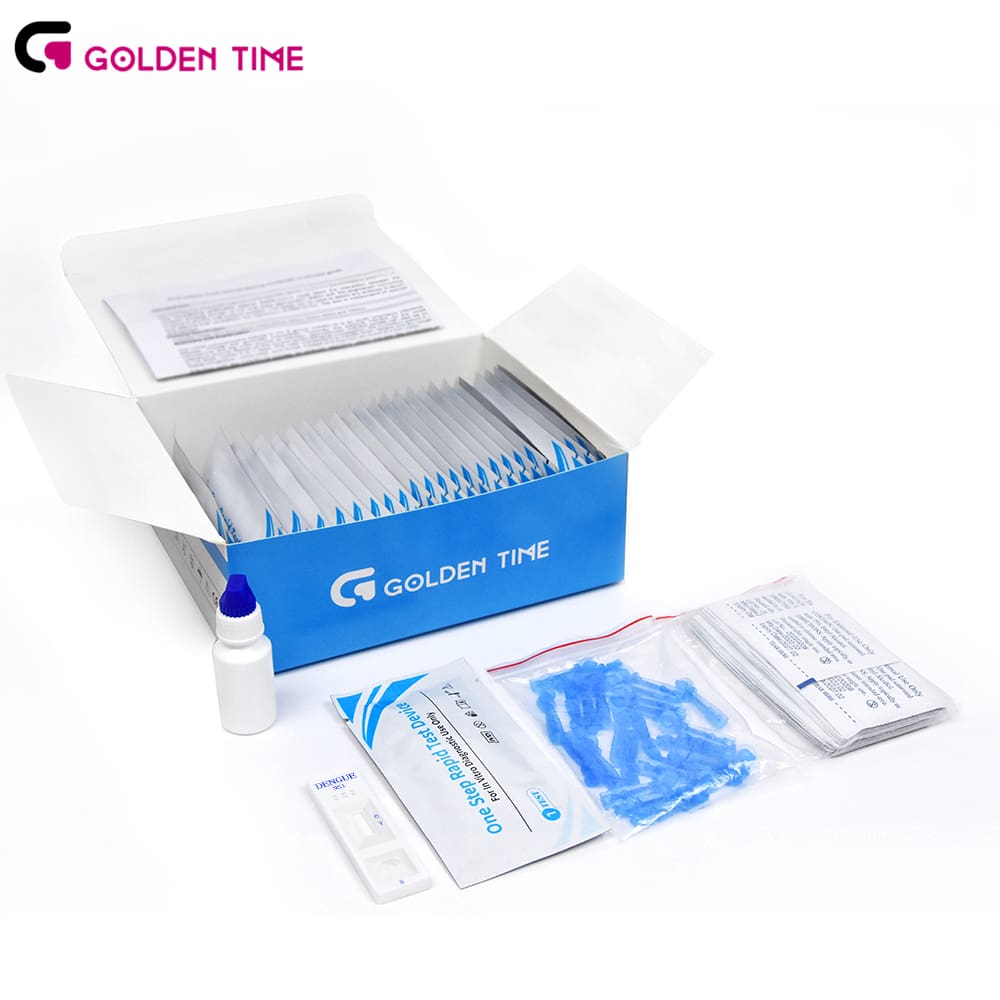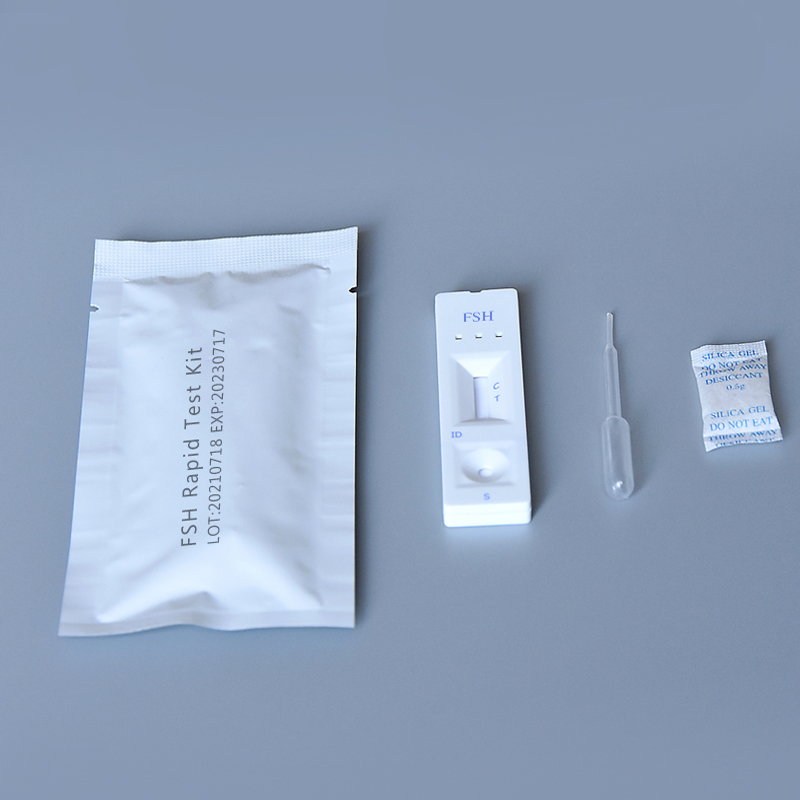Feb . 07, 2025 06:00 Back to list
H.pylori Ag HP Feces Rapid Test Kit
The stool Helicobacter pylori test has become an essential tool in diagnosing and managing gastrointestinal health. This non-invasive test detects the presence of H. pylori bacteria in the digestive tract, known to cause peptic ulcers and various gastric issues. As a product designed to offer both patients and healthcare providers an effective means of diagnosis, understanding the intricacies and benefits of the stool H. pylori test is crucial.
The authoritativeness of the stool H. pylori test is underscored by endorsements from leading health organizations worldwide, including the World Health Organization (WHO) and the American Gastroenterological Association (AGA). These endorsements are not granted lightly, requiring rigorous testing and validation processes. Such recognition is a testament to the reliability and clinical significance of this test. Furthermore, numerous studies published in peer-reviewed medical journals have consistently rated the stool test as an optimal option for diagnosing H. pylori infections, particularly in children and adults who exhibit contraindications for endoscopies. Trustworthiness is intrinsic to the stool H. pylori test, with extensive data supporting its use as a first-line diagnostic tool. Patients and healthcare providers alike can trust the outcomes for decision-making related to treatment plans. Manufacturers of the test follow strict quality control measures to ensure each test kit meets established standards, enhancing the overall confidence in its results. Additionally, the test’s affordability and accessibility have made it a staple in healthcare practices across varying demographics, enabling broader population screening and early detection. The stool H. pylori test is more than a product; it represents a significant advancement in medical diagnostics, marrying ease of use with cutting-edge scientific principles. It empowers patients with the information needed to pursue appropriate treatments and offers clinicians a dependable tool in the management of gastrointestinal disorders. As an SEO-focused perspective reveals, the growing interest and reliance on this test underscore its value in the healthcare sector, solidifying its position as a crucial component in the modern medical landscape.


The authoritativeness of the stool H. pylori test is underscored by endorsements from leading health organizations worldwide, including the World Health Organization (WHO) and the American Gastroenterological Association (AGA). These endorsements are not granted lightly, requiring rigorous testing and validation processes. Such recognition is a testament to the reliability and clinical significance of this test. Furthermore, numerous studies published in peer-reviewed medical journals have consistently rated the stool test as an optimal option for diagnosing H. pylori infections, particularly in children and adults who exhibit contraindications for endoscopies. Trustworthiness is intrinsic to the stool H. pylori test, with extensive data supporting its use as a first-line diagnostic tool. Patients and healthcare providers alike can trust the outcomes for decision-making related to treatment plans. Manufacturers of the test follow strict quality control measures to ensure each test kit meets established standards, enhancing the overall confidence in its results. Additionally, the test’s affordability and accessibility have made it a staple in healthcare practices across varying demographics, enabling broader population screening and early detection. The stool H. pylori test is more than a product; it represents a significant advancement in medical diagnostics, marrying ease of use with cutting-edge scientific principles. It empowers patients with the information needed to pursue appropriate treatments and offers clinicians a dependable tool in the management of gastrointestinal disorders. As an SEO-focused perspective reveals, the growing interest and reliance on this test underscore its value in the healthcare sector, solidifying its position as a crucial component in the modern medical landscape.
Latest news
-
Malaria Pf Ag Rapid Test Kit - Quick & Accurate Detection
NewsAug.11,2025
-
Accurate Cardiac Marker CK-MB Rapid Test for Quick Results
NewsAug.10,2025
-
Premium Empty ABS Plastic Cassette for Test Strips
NewsAug.09,2025
-
Sterile Urine Cup: Accurate Specimen Collection for Labs & Home
NewsAug.08,2025
-
Malaria Pf/Pan Ag Rapid Test Kit for Fast, Accurate Diagnosis
NewsAug.07,2025
-
Rapid Canine Corona Test: Fast & Accurate Results
NewsAug.06,2025

